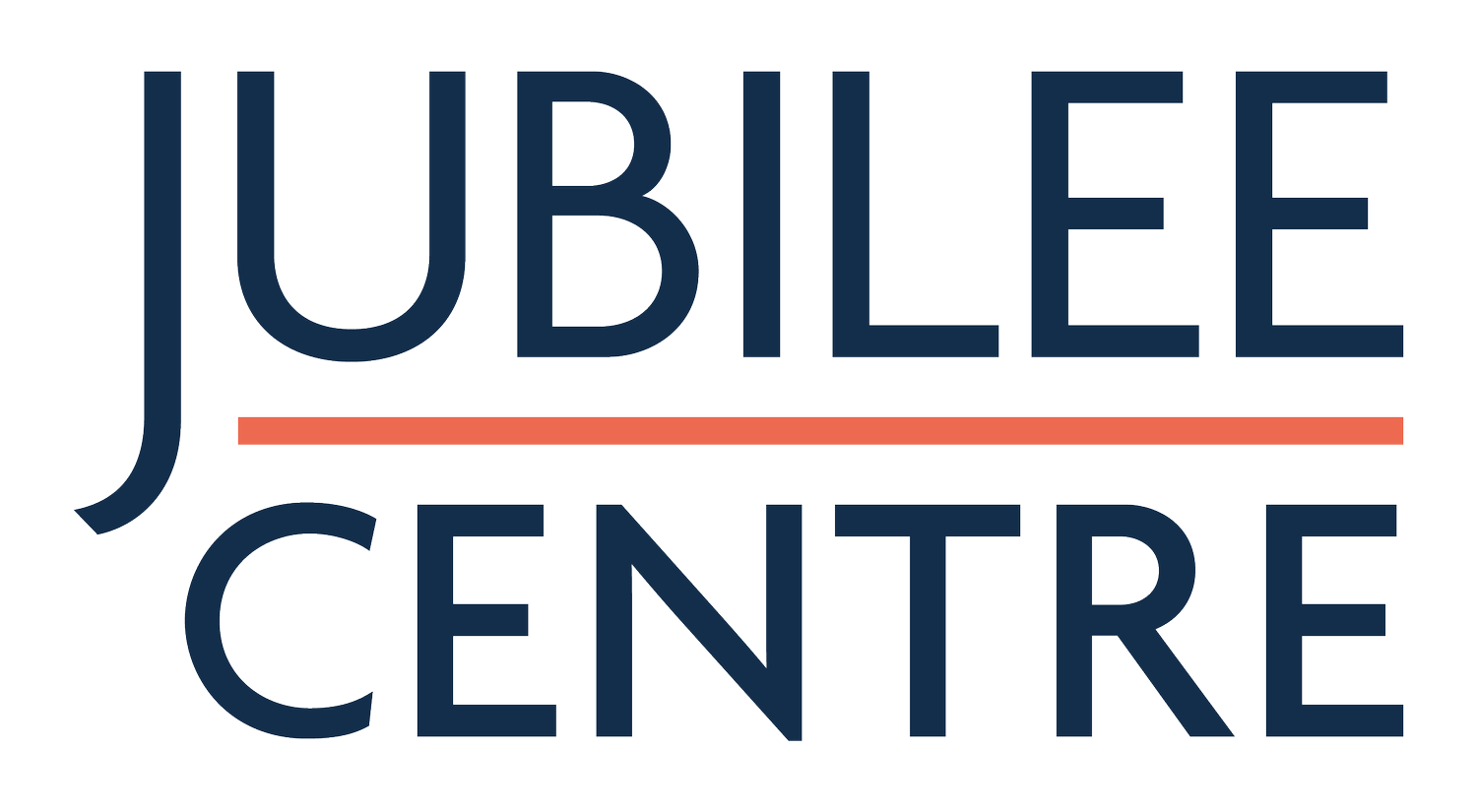The Return of Banking Crises?
In March 2023, troubles at three significant US banks (Silicon Valley (SVB), Silvergate and Signature) required regulators to intervene to prevent a systemic crisis while the longer-standing issues at Credit Suisse (CS) prompted Swiss regulators to broker a rescue merger with Union Bank of Switzerland. For the moment, these interventions have meant that the immediate threat to other institutions seems to have passed. But a comparison is being drawn with 2008 when the rescue of Bear Stearns was the prelude to the much more damaging failure of Lehman Brothers with its global implications. Are there further ructions to come, and what light does biblical thinking throw on these woes?
Two features of the recent bank failures stand out.
· First, large asset losses arose from the aggressive raising of interest rates since early 2022 by US and European central banks after a prolonged period of historically low rates. This particularly hit tech and crypto asset valuations to which the US banks were exposed, as well as SVB’s holdings of long-term government bonds which should have been ‘safe’. Other balance sheets will also be nursing similar losses with estimates of a further $1.5-2tn of loss yet to be crystallised in the US banking system.
· Second, the speed of large deposit outflows from banks suspected of fragility accelerated quicker than in previous crises. SVB went from normal operation to failure within 3-4 days after corporate clients were advised to pull out their funds by influential commentators on social media and chatrooms. CS lost $69bn of deposits in a few weeks in March 2023 as its longer-standing troubles over profitability came to the fore. Deposit insurance is capped at $250k per deposit/bank in the US, £85k in the UK and CHF100k in Switzerland. This doesn’t cover most of the value of larger corporate deposits and so these were the depositors that ‘ran’ at SVB and CS.
These two factors have resulted in the US Federal Reserve providing a new lending facility to banks to allow the use of their government bonds as collateral at face value (rather than their lower market value), and an ongoing outflow of deposits from small-to-mid-size banks to larger banks and money market mutual funds. This is of particular concern given that the smaller, regional banks do most of the lending to small businesses and start-ups, and their lending standards have tightened significantly since the failure of SVB, reinforcing recession fears.
From a biblical perspective, which argues against lending for profit, the use of highly leveraged, debt-based banks to operate an economy’s payment system is inherently problematic and prone to crisis.1 It is beyond comical that countries allow the payments system (mainly credit and debit cards) – their critical economic infrastructure – to be
integrated into balance sheets that are leveraged 25-30 times, as most banks are. This indicates the need to ring-fence payments deposits (which would be guaranteed but capped at a low level) from savings deposits (which should not be).
The proximate causes of these bank failures (investment losses from rising interest rates, deposit flight) are not novel, but their speed is reinforcing the pressure on bank regulators to extend deposit insurance even further, thereby increasing government influence over who gets credit and banking services within society. The other pressing concern is that deposit flight away from smaller banks will further concentrate banking assets into large, monolithic, ‘too-big-to-fail’ institutions, and further constrain local banks making relationally richer decisions over whom to do business with.
It is too early to say whether SVB et al. are the prelude to a more serious leg of a crisis. Suffice it to say, there are a lot more securities and loan losses still to be recognised, notably in commercial real estate. But the even greater concern is that a system-wide banking failure could be used as justification to introduce a Central Bank Digital Currency to effectively replace bank deposits as a means of payment. This would pose such an enormous threat to civil liberties and privacy that bank failures would be remembered with fondness as a price worth paying.
Dr. Paul Mills (27th April, 2023)
______________________________________________________________________________________________________________________________
1 See Mills, P.S., 2011, The Great Financial Crisis: a Biblical Diagnosis, Cambridge Papers. https://www.cambridgepapers.org/the-great-financial-crisis-a-biblical-diagnosis/ Brandon, G., 2016, Crumbling Foundations, Jubilee Centre. https://www.jubilee-centre.org/s/Crumbling-Foundations-Jubilee-Centre-2016.pdf
The views and opinions expressed above are those of the author alone and do not necessarily reflect those of the Jubilee Centre or its trustees.

